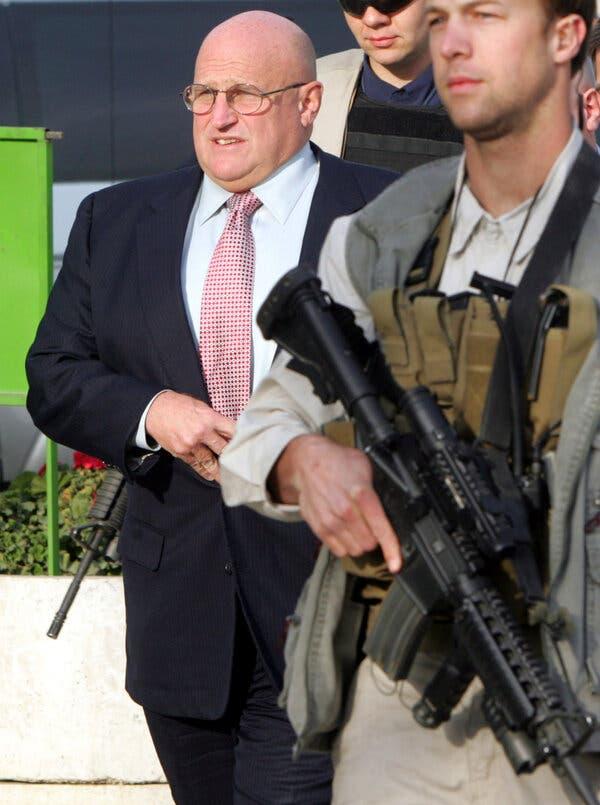
The New York Times and other obituaries predictably left this out
Richard Armitage, the number two official at the State Department from 2001 to 2005, died on April 13.
The New York Times and other obituaries emphasized that Armitage was a Naval Academy graduate and Bronze Star recipient in Vietnam who served senior roles in the State and Defense Departments starting in the 1980s; as an ambassador to Eastern European countries after the fall of the Soviet Union, and was part of a hawkish group of advisers to President George W. Bush who called themselves “the Vulcans.”
According to the Times, Armitage blackmailed Pakistani President Pervez Musharraf into supporting U.S. policy in the War on Terror by threatening to bomb Pakistan “back to the stone age” if he did not.
The Times obituary concluded by noting that, after his retirement from government, Armitage founded Armitage International, a company that helps multi-national corporations secure business deals primarily in Asia, and supported Hillary Clinton and Joe Biden’s presidential campaigns while signing a letter declaring Donald Trump “dangerously unfit” for public office.
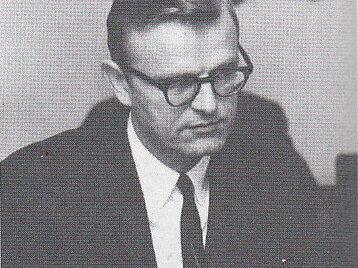
The Times and other obituaries predictably left out that Armitage was involved, according to two former CIA operatives, in shady covert operations associated with a CIA cabal led by Theodore Shackley that was implicated in the 1980s Iran-Contra scandal.
This cabal, also known as the secret team, used drug profits to finance state terror operations.
The Iran-Contra scandal resulted from the discovery that the CIA was using profits from illegal weapons sales to Iran and other illicit activity to covertly fund right-wing counter-revolutionaries in Nicaragua to whom Congress had cut off aid .
In 1986, Armitage was named in an affidavit filed in a civil lawsuit by the Christic Institute as part of a conspiracy responsible for the La Penca bombing during the Contra War that killed seven people.
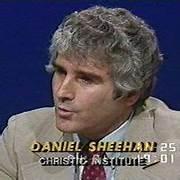
The affidavit, by Christic’s lead attorney Daniel Sheehan, alleged that Armitage was involved with heroin smuggling from Southeast Asia to fund covert activities in South America with Shackley, the CIA’s former Saigon and Vientiane Station chief, and CIA operatives Richard Secord and Thomas Clines, who had all been linked together since the late 1960s in Indochina.
Similar charges were made in a 1987 letter from Burmese warlord Khun Sa to the U.S. Justice Department. The letter, which was transmitted by Special Forces officer James “Bo” Gritz, accused Armitage of organizing heroin smuggling from the Golden Triangle in the 1970s.
Khun Sa said that while working in various positions for the State Department, Armitage used drug proceeds to finance Hmong anti-Communist insurgents trained by the CIA in Laos. Then after he left the State Department, Armitage organized the Far East Trading Co. as a front to continue opium trafficking with the help of a lot of other CIA personnel, according to Khun Sa.[1]
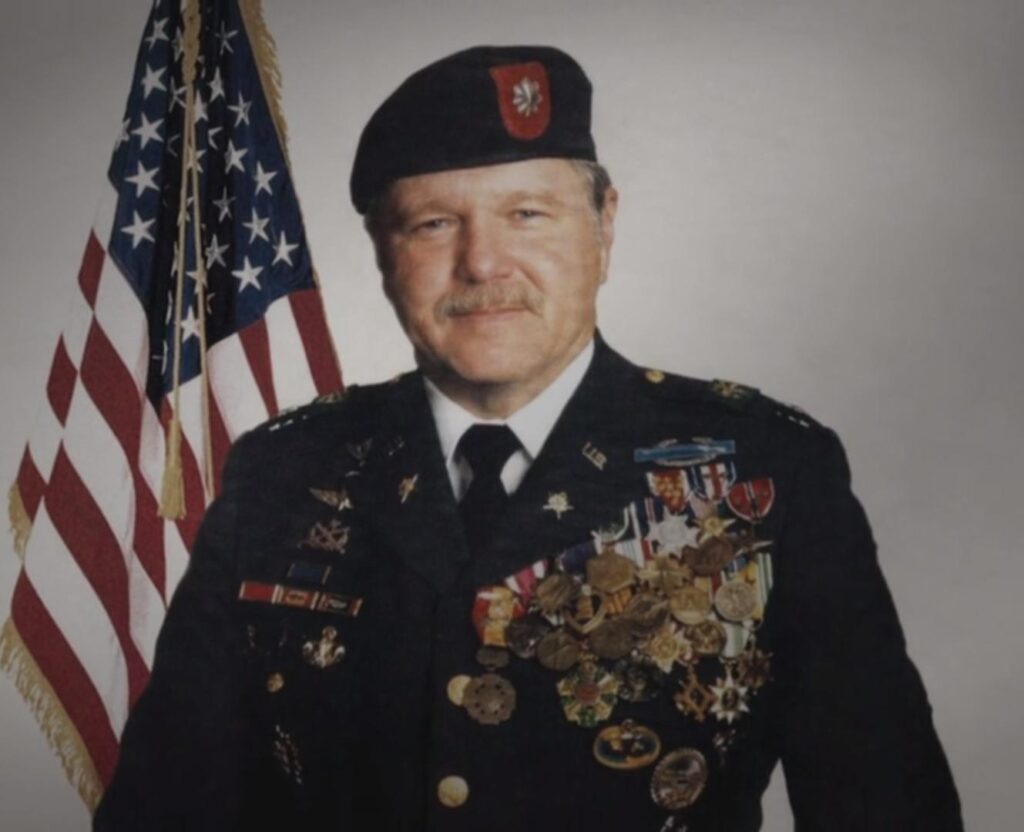
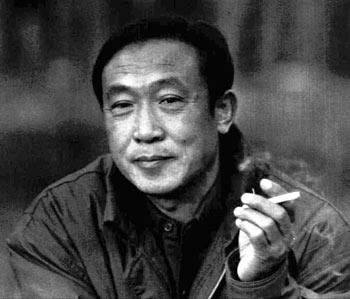
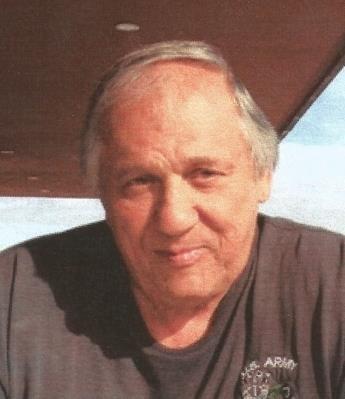
Upon returning to the U.S. with this information, Lance Trimmer, a California private investigator who accompanied Gritz on various trips to Southeast Asia in search of American POWs, was held by the CIA in Oklahoma, for a period of time.[2]
Trimmer was interviewed by CIA researcher Peter Osborne and told him about Armitage’s connection to the Shackley Secret Team/Nugan Hand drug and arms CIA smuggling network.
A forerunner to Bank of Commerce and Credit International (BCCI), Nugan Hand was an Australian Bank set up by CIA operatives in Australia to facilitate drug and arms trafficking operations through Southeast Asia.
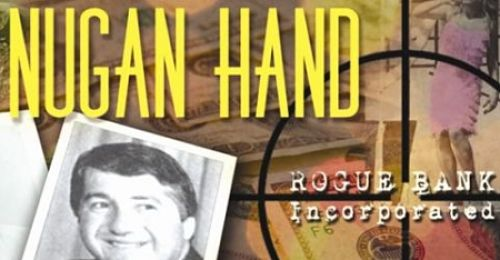
Osborne pointed out in a podcast that journalist Danny Casolaro, who uncovered serious criminal activity by the Shackley network and CIA “Octopus” had been in contact with both Trimmer and Gritz before his assassination at the hands of the CIA in August 1991.
Casolaro had obtained information about Armitage’s involvement in corrupt activities associated with the theft of specialized computer software that was used to facilitate drug money laundering by the CIA in Nugan Hand and other CIA banks.
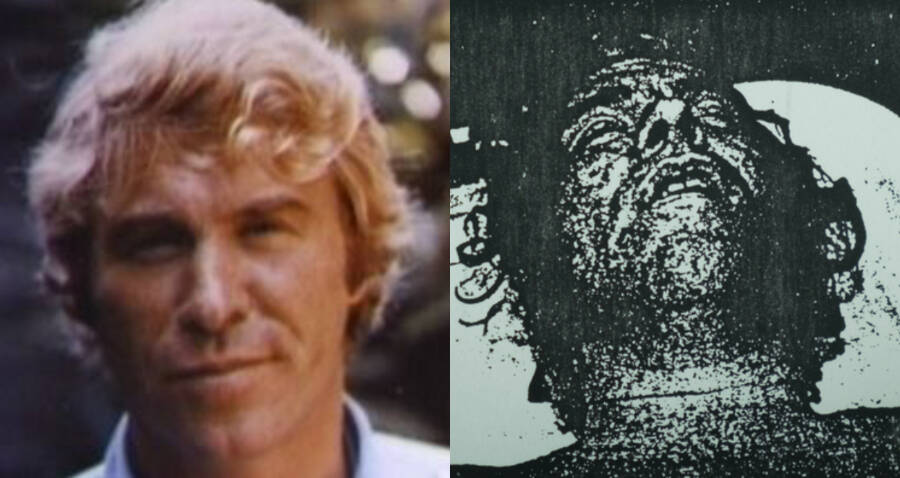
During his three tours in Vietnam, Armitage had become fluent in Vietnamese, and was identified as being part of the Phoenix Program by Shackley.
The Phoenix Program was a kill-and-capture operation designed to decimate the National Liberation Front (NLF), which had taken control of much of South Vietnam from the U.S.-imposed client government.
Though denying that he was ever part of Phoenix, Armitage admitted to being asked by CIA officers to provide them with intelligence reports to which he had access as a high level adviser to South Vietnam’s Navy and Defense attaché.[3]
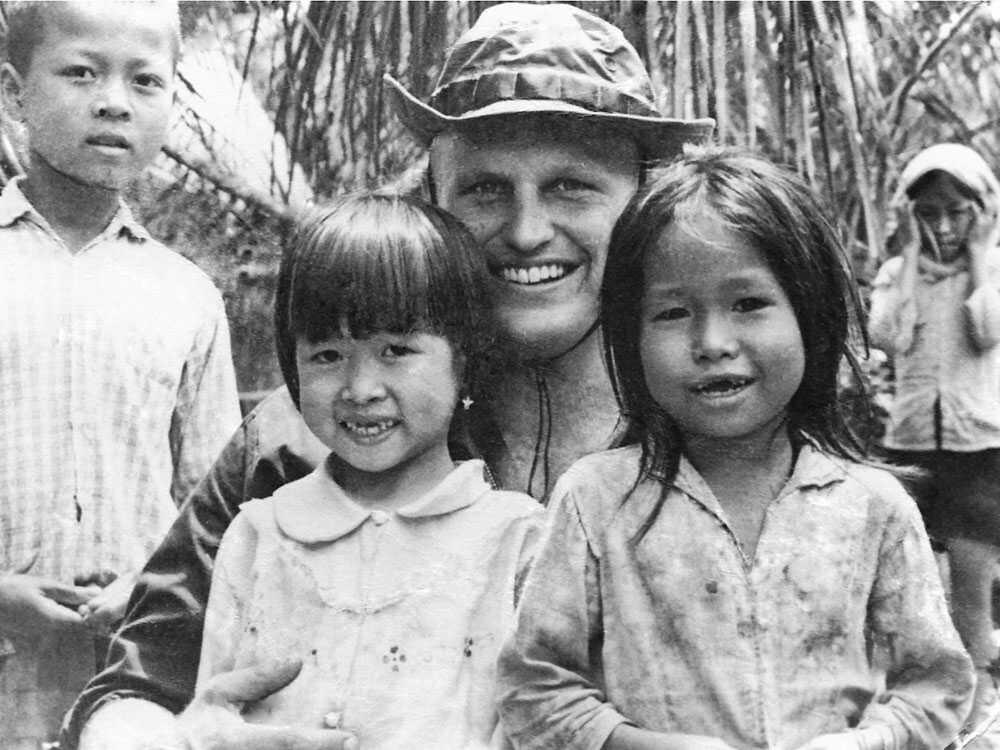
Daniel Sheehan’s main sources for his affidavit were CIA operative Carl Jenkins[4] and Gene Wheaton,[5] the latter of whom was involved in transporting weapons to the Contras in association with Theodore Shackley and had worked in Iran under cover as a narcotics adviser.
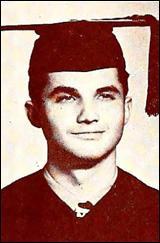
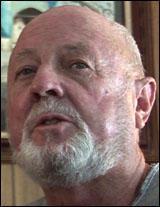
Jenkins and Wheaton told Sheehan that Shackley’s secret team used opium money derived from Vang Pao, a warlord who commanded the CIA’s Hmong clandestine army in Laos, to finance an intensified phase of the Phoenix Program in 1974-1975 after U.S. troops were largely withdrawn from Vietnam.
Sheehan was further told that the Vang Pao opium money was administered for Shackley and Clines by Armitage who was then a U.S. Navy official based in Saigon’s U.S. Office of Naval Operations.
After the Vietnamese communist victory in April 1975, the money in excess of that used in Vietnam from the smuggling operation was secretly ferreted out of Vietnam in large suitcases by Secord and Clines, and carried into Australia where it was deposited in a secret, personal bank account privately accessible to members of the secret team.
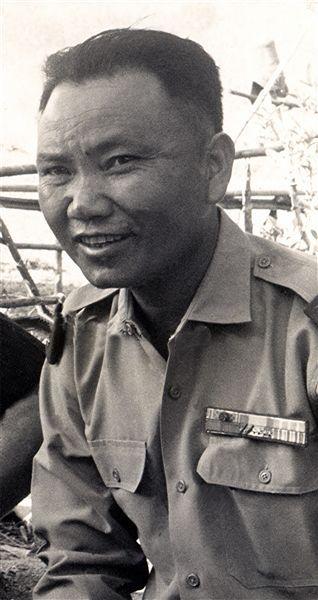
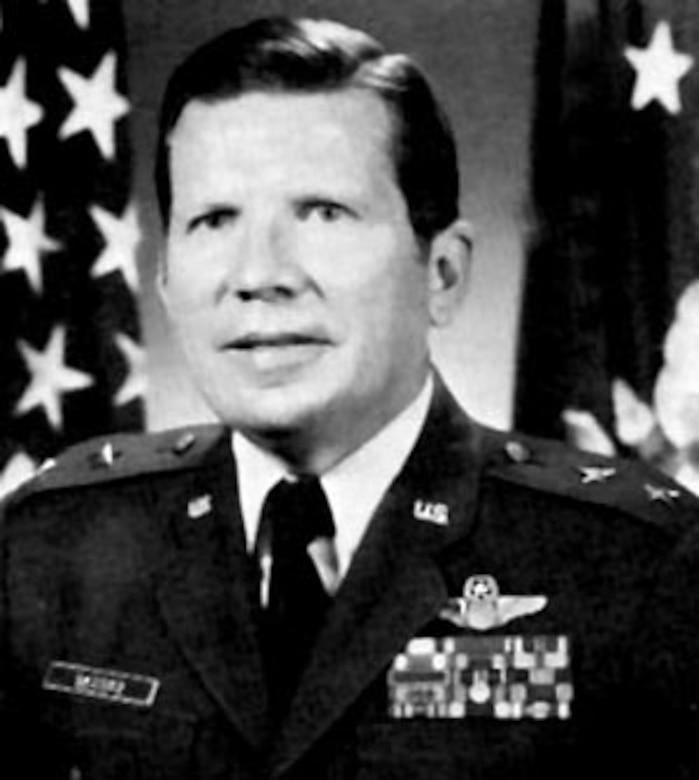
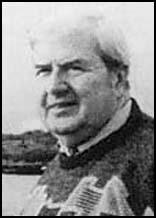
Between 1973 and 1975, Shackley and Clines secretly took thousands of tons of U.S. weapons, ammunition and explosives from Vietnam and stored them at a secret “cache” hidden inside Thailand, which members of the secret team could access.
According to Sheehan’s affidavit, Armitage functioned as the “bursar” for the Vang Pao opium money.
Armitage was in turn dispatched by Shackley and Clines from Vietnam to Tehran, where he planned “secret team” covert operations and set up a secret “financial conduit” inside Iran into which secret Vang Pao drug funds could be deposited from Southeast Asia.
The purpose of this conduit was to serve as the vehicle for secret funding of “black” operations inside Iran designed to seek out, identify and assassinate socialist and communist sympathizers.
The latter were viewed by Shackley and his secret team to be “potential terrorists” against the Shah of Iran, who had been installed in a CIA coup in 1953.
CIA operative Edwin P. Wilson was dispatched to assist in the black operations in Iran that were never officially sanctioned by the U.S. government—though benefited government interests.
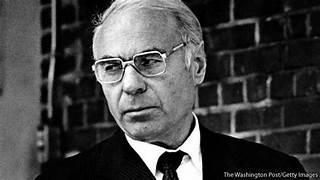
From the end of 1975 until 1977, Armitage was posted to the U.S. Embassy in Bangkok after taking a post as a “Special Consultant” to the U.S. Department of Defense regarding American military personnel missing in action (MIAs) in Southeast Asia.
His official duty was to locate and retrieve American MIAs; however, according to Sheehan, he did not really perform those duties but continued to function as the “bursar” for Shackley’s “secret team,” seeing to it that secret Vang Pao opium funds were transferred from Laos and then Thailand to Tehran and the secret Shackley bank account in Australia at the Nugan Hand Bank.
The latter’s legal adviser in Washington was ex-CIA Director William Colby, who oversaw the Phoenix Program.
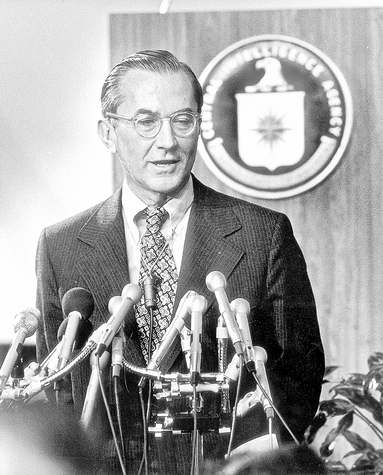
According to Sheehan, Armitage devoted a portion of his time between 1975 and 1977 in Bangkok to facilitating the escape from Laos and relocation of members of the secret Hmong army, which had carried out the covert political assassination program for Shackley between 1966 and 1975.
Armitage was assisted by Jerry O. Daniels and Daniel Arnold, the former CIA Station Chief in Bangkok during the Indochina War. The Hmong were continuously trained and equipped for a planned re-invasion of Laos to unseat the leftist Pathet Lao, who had defeated the U.S. backed forces in Laos’ civil war.
Because he was not performing his duties related to the MIA issues, Armitage became subject to an internal State Department complaint and was forced to resign his position in the U.S. embassy in Bangkok in 1977.
For the next two years, until 1979, Armitage remained in Bangkok opening and operating a business named the Far East Trading Company, which had offices in Bangkok and in Washington, D.C.[6]
According to Sheehan, this company functioned as a “front” for Armitage’s secret operations smuggling Vang Pao’s opium money out of Southeast Asia to Tehran and into the Nugan Hand Bank in Australia to fund an ultra-right-wing, private anti-communist, “anti-terrorist” assassination program and other “unconventional warfare” operation run by Shackley’s “secret team.”[7]
Between 1975 and 1979 in Bangkok, Armitage lived in the home of Harry C. “Heinie” Aderholt, the former Air Wing Commander of Shackley`s “Special Operations Group” in Laos who, between 1966 and 1968, had served as the immediate superior to Secord, the Deputy Air Wing Commander of Military Advisory Group, Special Operations Group.
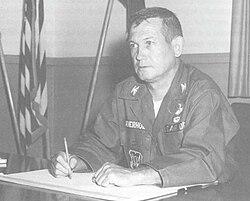
Armitage’s secret clandestine career may help to explain his meteoric rise in the national security establishment during the Reagan and Bush eras, since Reagan and Bush were zealous supporters of CIA covert operations and an aggressive cowboy approach to foreign policy.
George H. W. Bush was particularly close with Shackley, whose secret team constituted in effect a “shadow CIA” that helped to elect Reagan in 1980 (his administration was largely run by Bush Sr.) and to elevate Bush to the presidency in 1989 as well.[8]
During the 1991 Persian Gulf War, George H. W. Bush appointed Armitage to the important position of U.S. Ambassador to Jordan. He also served as the president’s special negotiator for a military base deal with the Philippines and director of U.S. aid to post-Soviet states, which was used as a cover for clandestine operations.
In the 1980s, Armitage headed planning for the Pentagon’s special operations, which included illegal arms sales to Iran that were used to finance aid to the Nicaraguan Contras, a right-wing terrorist force.
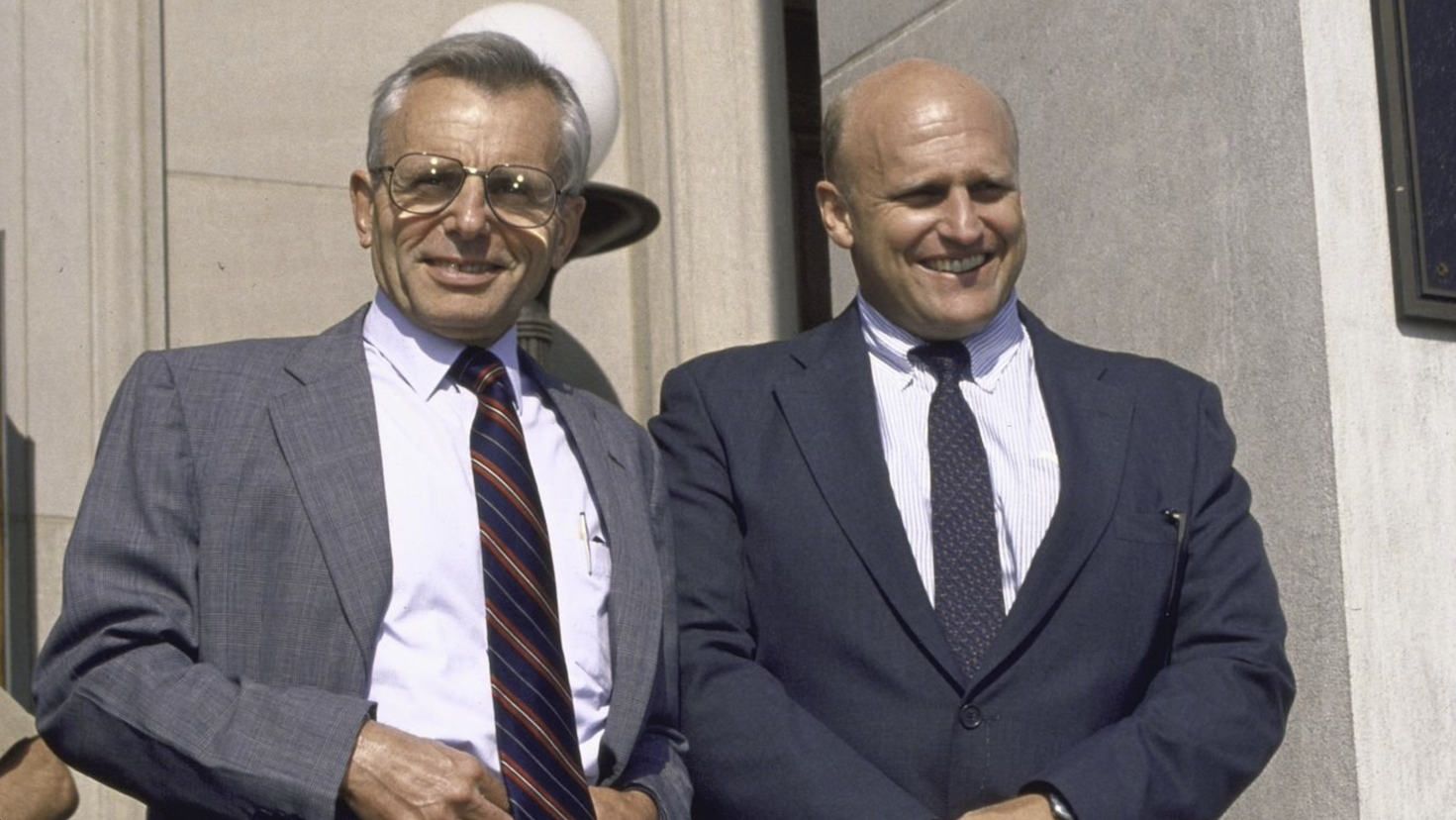
Jonathan Marshall, Peter Dale Scott, and Jane Hunter reported in the 1987 book The Iran Contra Connection: Secret Teams and Covert Operations in the Reagan Era that Defense Secretary Caspar Weinberger assigned Armitage to manage the secret arms deliveries to Iran, and that Armitage reported to Undersecretary of Defense Fred Iklé, who headed a Pentagon coordination staff that supplied weapons and transportation for CIA operations.[9]
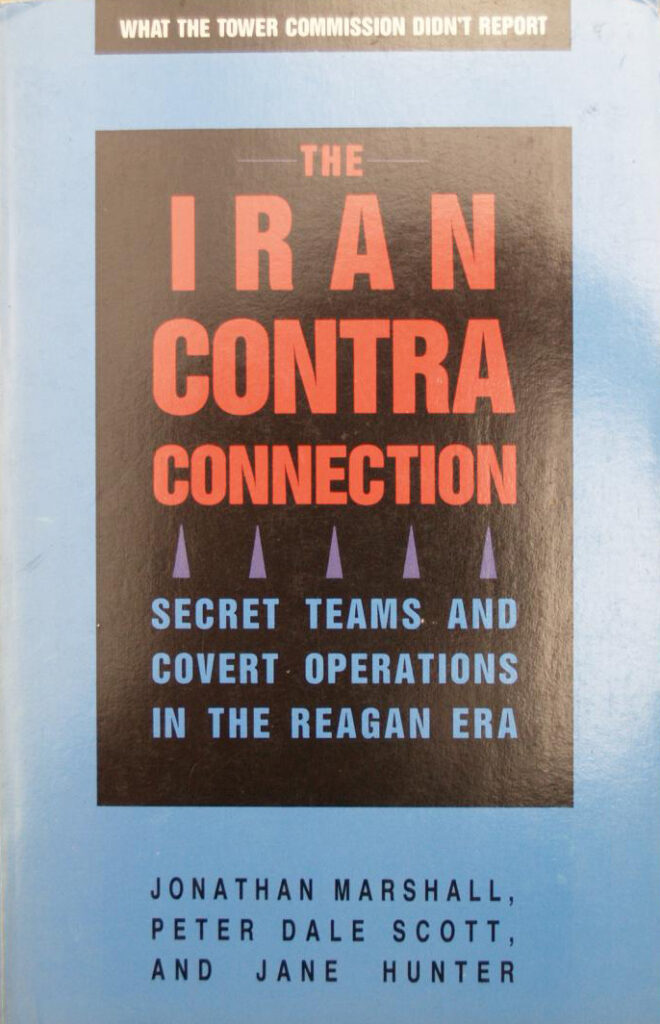
The latter included the CIA’s support for the anti-Soviet mujahadin in Afghanistan, which Armitage was deeply involved with.[10]
One of Armitage’s mentors, Erich Van Marbod, who supervised him in Vietnam and Iran, was a partner in Eatsco Inc., a CIA front company that won a Pentagon contract for shipping arms to Egypt and other Middle Eastern and African countries.[11]
Armitage further worked in the 1980s with CIA operative Michael Ledeen to oversee a War on Terror in the Middle East marked by the spreading of black propaganda and adoption of terrorist methods.[12]
After his appointment as Deputy Secretary of State in March 2001, Armitage instituted a new express visa program that provided visas to some of the alleged 9/11 hijackers who did not have to provide verification of their identity.
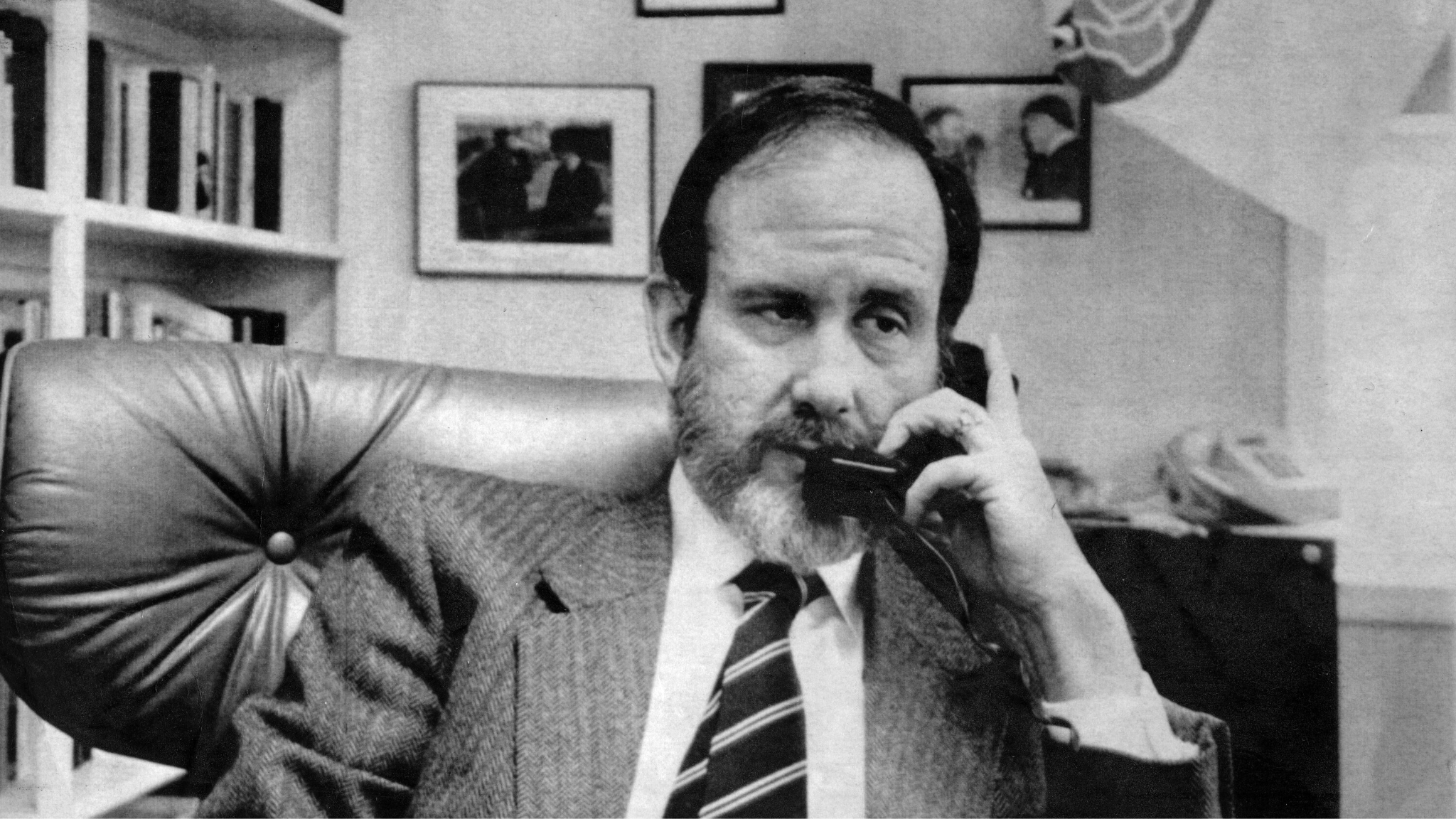
The silence of The New York Times and other media surrounding Armitage’s ties to a rogue CIA network is not surprising since the Times and other media have long helped cover up for CIA crimes.
Armitage’s career in many ways reflects the corrupting effects of the Vietnam War and U.S. imperial pursuits during the Cold War on the American body politic through the 21st century.
The legacy of his corrupt activities and the black operations he helped run remains with us.

Ray Robinson, “Burmese Warlord Says U.S. Officials Trafficking in Drugs,” The Oklahoman, July 12, 1987. ↑
Gritz was from Enid, Oklahoma. ↑
See James Mann, Rise of the Vulcans: The History of Bush’s War Cabinet (New York: Viking Press, 2004). ↑
In the early 1950s Jenkins was a CIA paramilitary trainer and infiltration specialist who served in Indonesia, Singapore, Malaysia and the Philippines. Jenkins served as chief of a CIA base in Guatemala, where he trained the leaders of Brigade 2506, the U.S.-backed invasion force that was defeated at the Bay of Pigs in Cuba in April 1961. Then he became a special warfare adviser in Danang in South Vietnam and worked under Theodore Shackley in the secret war in Laos. ↑
Wheaton worked under CIA cover as a counter-narcotics adviser in Iran in the early 1970s and then became an adviser to the Shah’s government in Iran on counter-terrorism. He also worked as a security adviser in Saudi Arabia and Pakistan, and was involved in transporting weapons for the secret team to the Nicaraguan Contras. ↑
Armitage, who was born in Wellesley Massachusetts and grew up in Atlanta, also served as a foreign policy adviser to Bob Dole. In the 1960s he had been a linebacker at the U.S. naval academy and teammate of Roger Staubach. ↑
- Leslie Cockburn reported in Out of Control: The Story of the Reagan Administration’s Secret War in Nicaragua, the Illegal Arms Pipeline, and the Contra Drug Connection (New York: Atlantic Monthly Press, 1987) that Armitage “carried on funneling drug money out of the Southeast Asia and into Nugan-Hand and elsewhere.”
According to Gene Wheaton, Shackley, Vernon Walters, and Frank Carlucci met on a park bench in McLean, Virginia, in the late 1970s and came to the conclusion that: “with our expertise at placing dictators in power, why don’t we treat the United States like the world’s biggest banana republic and take it over? And the first thing they had to do was to get their man in the White House, and that was George Bush. Reagan never really was the president. He was the front man. They selected a guy that had charisma, who was popular, and just a good old boy, but they got George Bush in there to actually run the White House.” ↑
Jonathan Marshall, Peter Dale Scott and Jane Hunter, The Iran Contra Connection: Secret Teams and Covert Operations in the Reagan Era (Boston, MA: South End Press, 1997), 199. Iklé was said to have advocated a militant stand against the Sandinistas. Armitage was deputy assistant secretary of defense for East Asia and Pacific affairs (1981–1983) and assistant secretary of defense for International security affairs (1983–1989). ↑
Kevin Ryan, “9/11 as Sequel to Iran-Contra: Armitage, Carlucci and Friends,” Foreign Policy Journal, April 13, 2012. Armitage allegedly visited Afghanistan and Pakistan to help oversee the covert arming of the mujahadin and met with mujahadin leaders. ↑
CIA operative Edwin Wilson was another partner in Eatsco along with other members of Shackley’s secret team including Richard Secord (who supervised Van Morbod at the Pentagon) and Thomas Clines. Standing for Egyptian American Transport and Service Corporation, Eatsco was convicted of embezzling millions of dollars from the Pentagon. ↑
Marshall, Scott and Hunter, The Iran Contra Connection, 199. ↑
CovertAction Magazine is made possible by subscriptions, orders and donations from readers like you.
Blow the Whistle on U.S. Imperialism
Click the whistle and donate
When you donate to CovertAction Magazine, you are supporting investigative journalism. Your contributions go directly to supporting the development, production, editing, and dissemination of the Magazine.
CovertAction Magazine does not receive corporate or government sponsorship. Yet, we hold a steadfast commitment to providing compensation for writers, editorial and technical support. Your support helps facilitate this compensation as well as increase the caliber of this work.
Please make a donation by clicking on the donate logo above and enter the amount and your credit or debit card information.
CovertAction Institute, Inc. (CAI) is a 501(c)(3) non-profit organization and your gift is tax-deductible for federal income purposes. CAI’s tax-exempt ID number is 87-2461683.
We sincerely thank you for your support.
Disclaimer: The contents of this article are the sole responsibility of the author(s). CovertAction Institute, Inc. (CAI), including its Board of Directors (BD), Editorial Board (EB), Advisory Board (AB), staff, volunteers and its projects (including CovertAction Magazine) are not responsible for any inaccurate or incorrect statement in this article. This article also does not necessarily represent the views the BD, the EB, the AB, staff, volunteers, or any members of its projects.
Differing viewpoints: CAM publishes articles with differing viewpoints in an effort to nurture vibrant debate and thoughtful critical analysis. Feel free to comment on the articles in the comment section and/or send your letters to the Editors, which we will publish in the Letters column.
Copyrighted Material: This web site may contain copyrighted material the use of which has not always been specifically authorized by the copyright owner. As a not-for-profit charitable organization incorporated in the State of New York, we are making such material available in an effort to advance the understanding of humanity’s problems and hopefully to help find solutions for those problems. We believe this constitutes a ‘fair use’ of any such copyrighted material as provided for in section 107 of the US Copyright Law. You can read more about ‘fair use’ and US Copyright Law at the Legal Information Institute of Cornell Law School.
Republishing: CovertAction Magazine (CAM) grants permission to cross-post CAM articles on not-for-profit community internet sites as long as the source is acknowledged together with a hyperlink to the original CovertAction Magazine article. Also, kindly let us know at info@CovertActionMagazine.com. For publication of CAM articles in print or other forms including commercial internet sites, contact: info@CovertActionMagazine.com.
By using this site, you agree to these terms above.
About the Author

Jeremy Kuzmarov holds a Ph.D. in American history from Brandeis University and has taught at numerous colleges across the United States. He is regularly sought out as an expert on U.S. history and politics for radio and TV programs and co-hosts a radio show on New York Public Radio and on Progressive Radio News Network called “Uncontrolled Opposition.”
He is Managing Editor of CovertAction Magazine and is the author of six books on U.S. foreign policy, including Obama’s Unending Wars (Clarity Press, 2019), The Russians Are Coming, Again, with John Marciano (Monthly Review Press, 2018), Warmonger. How Clinton’s Malign Foreign Policy Launched the U.S. Trajectory From Bush II to Biden (Clarity Press, 2023); and with Dan Kovalik, Syria: Anatomy of Regime Change (Baraka Books, 2025).
Besides these books, Kuzmarov has published hundreds of articles and contributed to numerous edited volumes, including one in the prestigious Oxford History of Counterinsurgency .
He can be reached at jkuzmarov2@gmail.com and found on substack here.

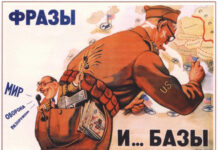
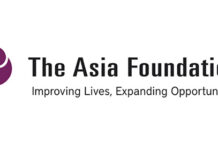
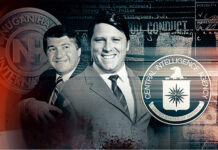
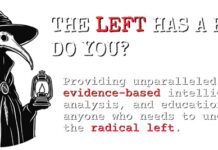
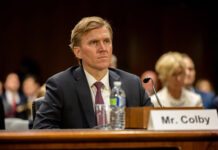
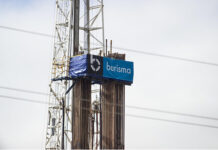

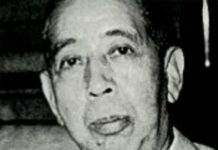

In reference to The Syria Observatory for Human Rights documentation of abuses under the new regime, The Syria Observatory for Human Rights also documented a lot of abuses under the Assad regime:
Extrajudicial Killings
SNHR documented the killing of at least 202,000 civilians at the hands of Bashar Assad’s regime forces, including 23,058 children and 12,010 women.
Enforced Disappearance
At least 96,321 cases of enforced disappearance at the hands of Bashar Assad’s regime forces are documented on SNHR’s database, among them 2,329 children and 5,742 women.
Deaths due to torture
At least 15,102 individuals died under torture at the hands of Bashar Assad’s regime forces, including 190 children and 95 women.
Use of four types of destructive weapons
Barrel bombs
From July 2012, the Bashar Assad’s regime’s air force dropped at least 81,916 barrel bombs, resulting in the deaths of 11,087 civilians, including 1,821 children and 1,780 women.
Chemical weapons
SNHR documented 217 chemical weapons attacks by Bashar Assad’s regime. The first attack was carried out in Homs’s al-Bayyada neighborhood on December 23, 2012. These attacks killed 1,514 individuals, 1,413 of whom were civilians, including 214 children, and 262 women, in addition to injuring 11,080 others.
Cluster munitions
SNHR documented 252 cluster munition attacks by Bashar Assad’s regime forces from their first use of these weapons in July 2012. These attacks resulted in the deaths of 835 individuals, including 337 children and 191 women.
Incendiary weapons
SNHR recorded at least 51 incendiary attacks on civilian areas from March 2011.
Forced displacement
Between 2011 and 2024, extensive violations on a vast scale by the former Bashar Assad’s regime and its allies, led to the internal displacement of approximately 6.8 million Syrians, with another seven million Syrian refugees seeking asylum abroad, according to the Office of the UN High Commissioner for Refugees (UNHCR). The deposed regime and its allies not only inflicted incalculable levels of destruction and displacement, but also enacted laws violating fundamental human rights specifically to seize the properties of displaced persons and refugees.
SNHR also documented numerous other types of violations, including the destruction of hundreds of vital facilities, such as hospitals, schools, mosques, churches, and many more
Escalation of Sectarian Massacres in Syria Since December 8: 3,908 Civilians Killed Since Assad’s Flee
Published October 2, 2025
Share
Share
Syria has witnessed a dangerous escalation in ethnic and sectarian massacres and killings in several Syrian governorates since December 8, the date of Assad’s flight and the fall of the regime, particularly in the coastal areas, Sweida, Sahnaya, Ashrafieh Sahnaya, and Jaramana.
The Syrian Observatory for Human Rights has monitored and documented all sectarian and ethnic incidents during this period. In this report, it highlights the massacres and documented victims by name, monthly, from the fall of the regime to the present day.
Monthly Distribution of Victims Since the Fall of the Regime
From the fall of the regime on December 8 until the end of 2024: 160 victims, including 159 men and 1 woman.
January: 194 victims, including 189 men, 4 women, and 1 child.
February: 113 victims, including 110 men, 2 women, and 1 child.
March: 144 victims, including 2 women and 3 children.
April: 137 victims, including 7 women and 2 children.
May: 110 victims, including 6 women and 3 children.
June: 105 victims, including 96 men, 5 women, and 4 children.
July: 92 victims, including 86 men, 4 women, and 2 children.
August: 97 victims, including 90 men, 2 women, and 5 children.
September: 70 victims, all men.
As-Suwayda Massacres
The total number of civilian casualties since July 13, as a result of clashes, summary executions, and Israeli shelling, has reached 986 civilians, distributed as follows:
162 civilians (including 21 children and 51 women).
817 Druze citizens, including 77 women, 15 children, and the elderly, were summarily executed, including 20 medical personnel from the National Hospital in Sweida.
Five members of the Bedouin tribe, including two women and a child, were summarily executed by Druze militants.
Coastal Massacres
The total number of documented civilian victims, including 1,682 victims, was documented by name as a result of liquidation operations since the outbreak of attacks against security and military forces on Thursday, March 6, until April 28. They were distributed as follows:
Latakia: 872 victims.
Tartus: 525 victims.
Hama: 272 victims.
Homs: 13 victims.
Events in Sahnaya, Ashrafieh Sahnaya, and Jaramana during May
14 were summarily executed in Ashrafieh Sahnaya.
Three, including a child, were killed in shelling and clashes.
One Druze civilian died as a result of a mortar shell targeting the village of Rasas in the Sweida countryside.
The Syrian Observatory for Human Rights (SOHR) confirms that international silence on these violations contributes to their continuation. It reiterates its call to international organizations, particularly the International Committee of the Red Cross (ICRC) and the Office of the High Commissioner for Human Rights (OHCHR), to take immediate action to halt these practices and uncover the fate of missing and abducted persons.